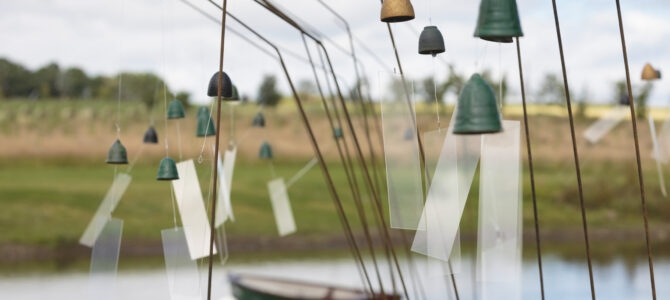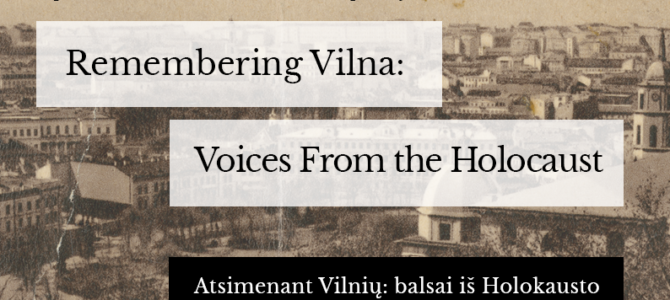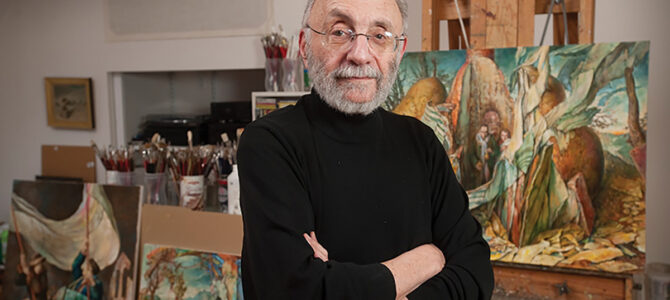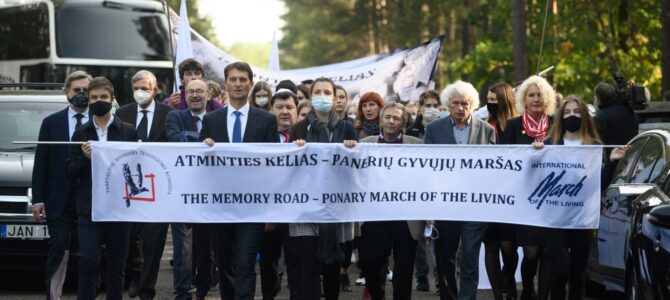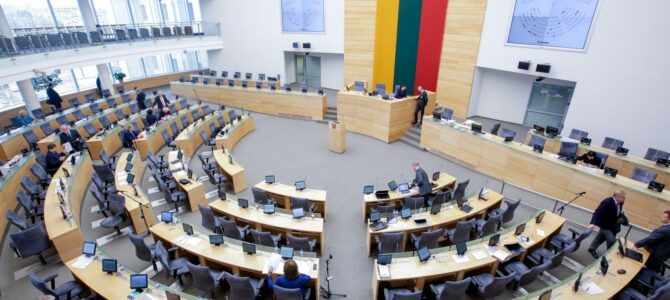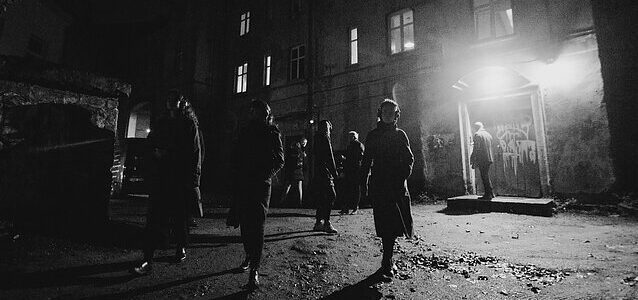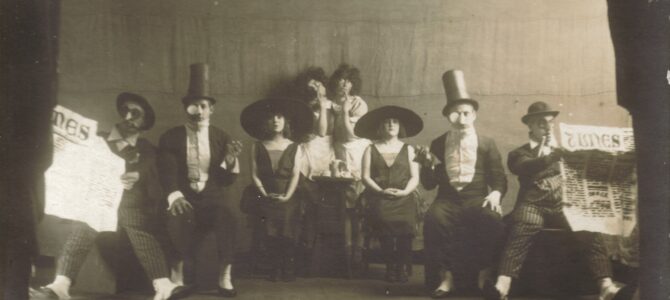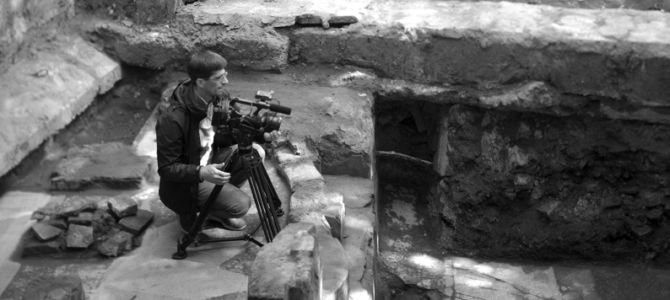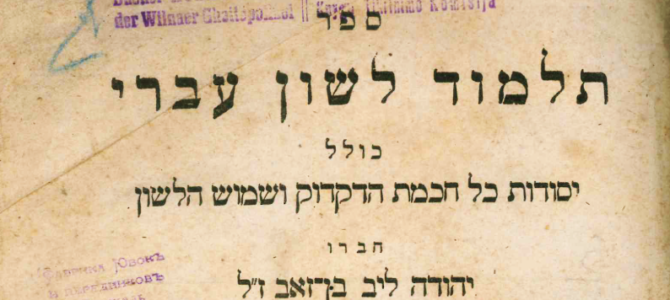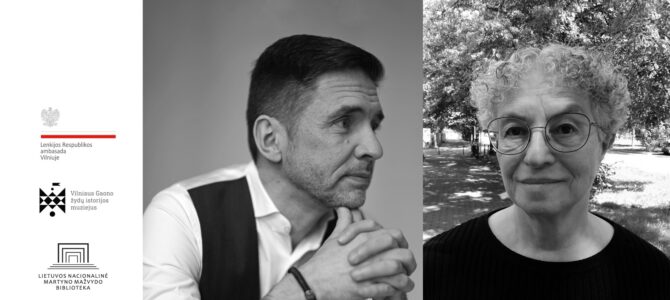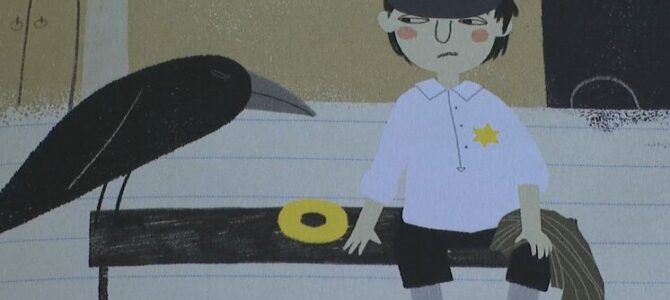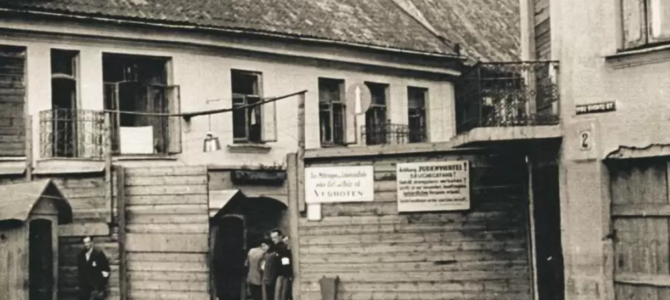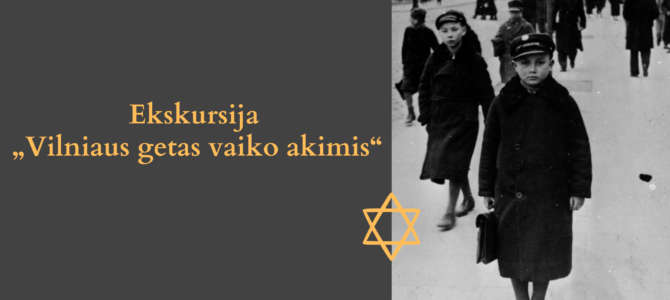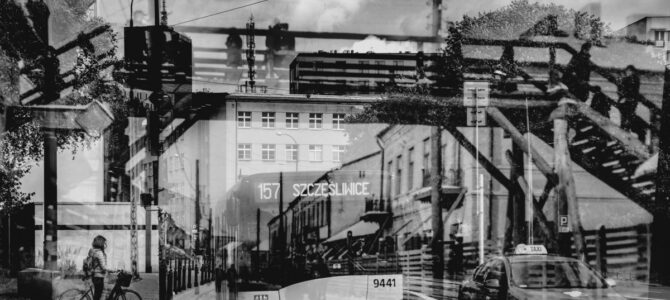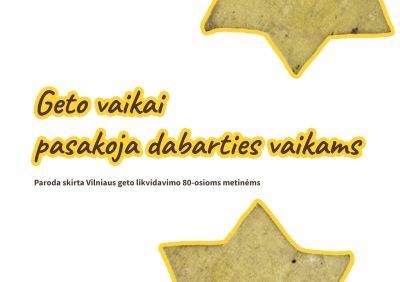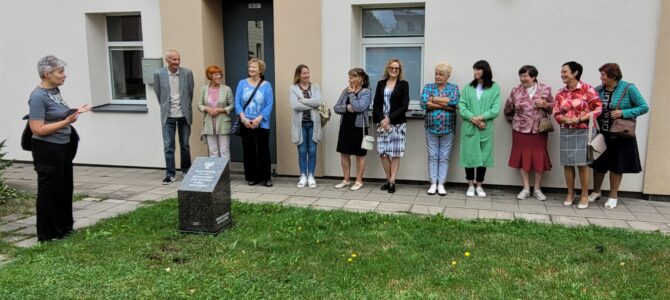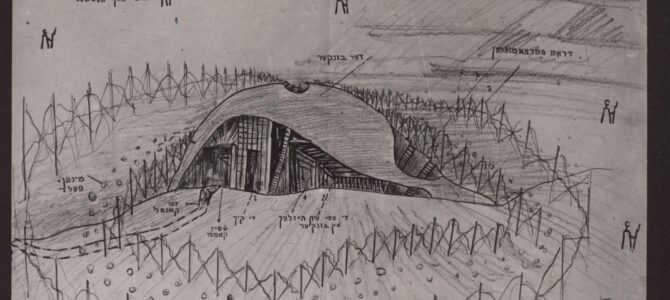The State Youth Theater located at Arklių street no. 5 in Vilnius presents the play “Dulkės” [Dust] at 6:00 P.M. on September 22, based on the book “Panerių dienoraštis 1941–1943” [Ponar Diary 1941-1943] which is a collection of observations made there by Polish journalist and refugee Kazimierz Sakowicz, hidden in bottles, buried and later recovered after the war and painstakingly deciphered.
The young director of the play Justinas Vinciūnas said he was looking for his own attitude regarding the Holocaust and instead of using literary sources preferred authentic primary sources such as the Ponar Diary.
Sakowicz and his wife were forced out of their apartment in Vilnius and their newspaper press was seized by the Soviets in 1940. He took up residence in Ponar outside Vilnius and observed the daily mass murder operations there. Lithuanian readers are sometimes shocked to learn the mass murder was carried out mainly by Lithuanians with very little Nazi German presence there.
#VilniusGhetto80



